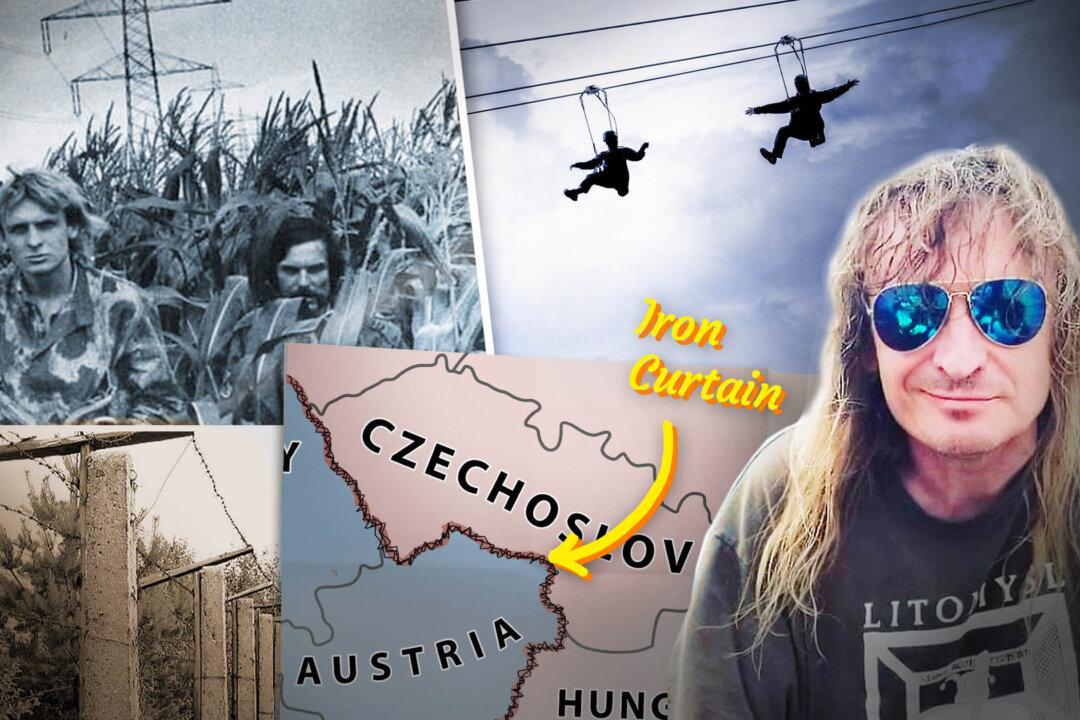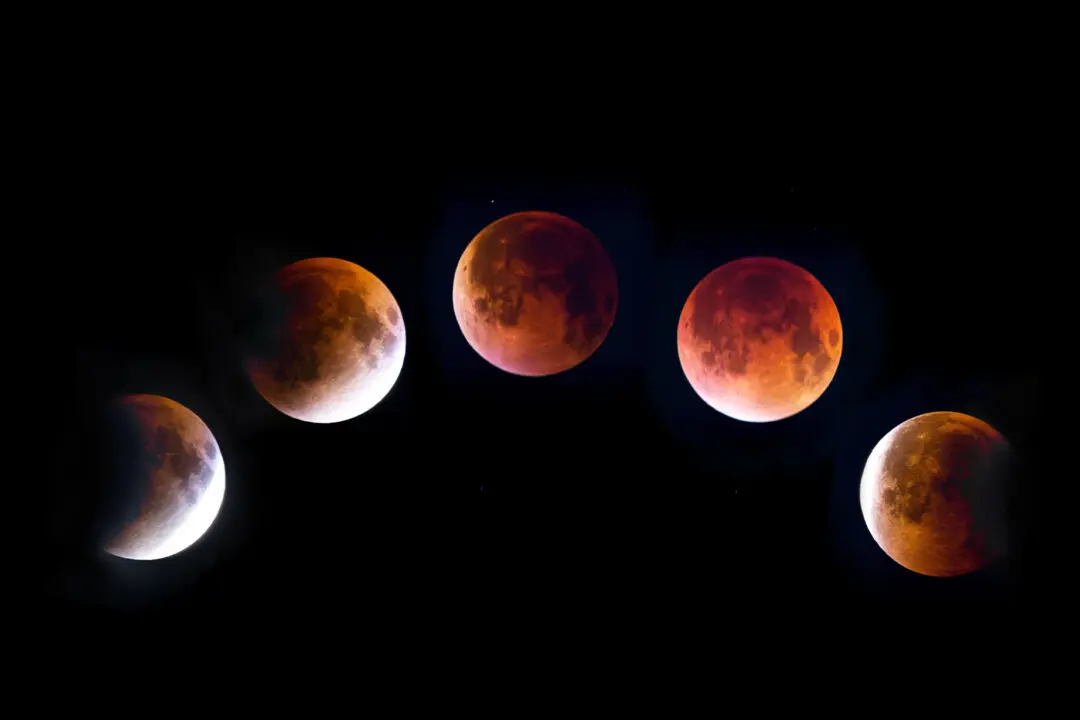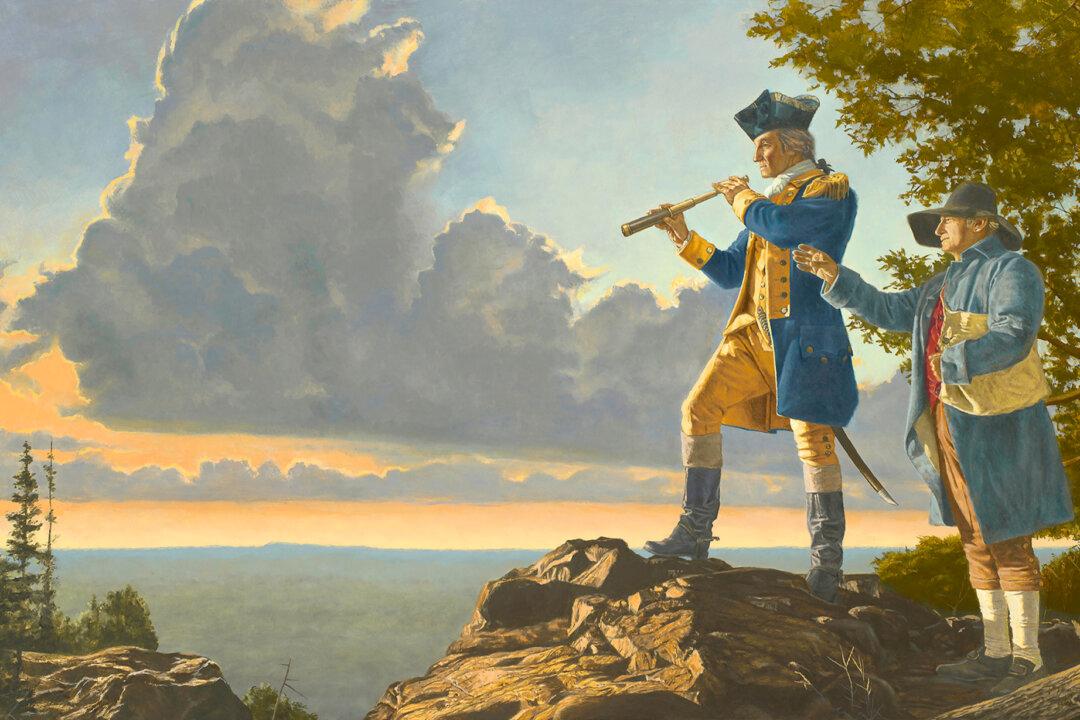On a stormy night, a pair of friends set out to prove something to the communists who controlled their country at the tail-end of the Cold War. On a one-way trip, they scaled an electrical tower as thunder boomed. Out of necessity, the two men zip-lined along high-voltage power lines from their homeland, Soviet Czechoslovakia, across the Iron Curtain.
The determined human spirit had beaten the communists, as they found freedom on the other side.






